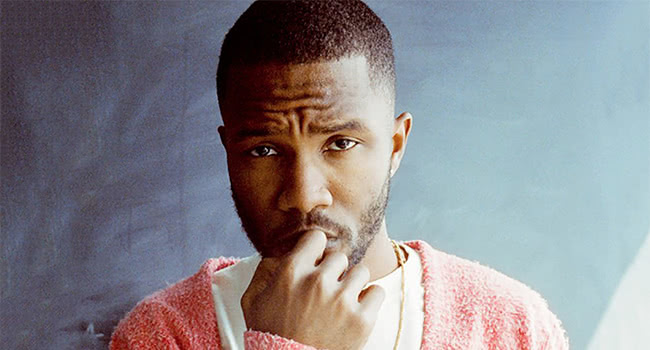You’ve no doubt heard about the controversy surrounding R&B star Frank Ocean’s latest album(s). No, we’re not referring to the numerous false starts fans experienced with its release, but the way Ocean turned the release into a big middle finger aimed at his former label.
For those playing catch-up, before releasing Blonde, his official follow-up to 2012’s Channel Orange, Ocean dropped Endless, an arty visual album that confounded many fans, but made more sense after those fans realised it was a way of getting out of his Def Jam contract.
Ocean unveiled Endless a day before dropping Blonde to fulfil his contract with Def Jam. In other words, Ocean got out of his label deal and then dropped one of the most eagerly anticipated albums of the decade independently.
Before you ask, yes, that means Ocean gets to collect the money that would otherwise have gone to Def Jam/Universal, and it’s a considerable chunk of change. According to Billboard, Blonde has generated approximately US$2.12 million in revenue.
Presuming Ocean pockets 70 percent of that revenue, he would take home US$1.623 million off 232,000 album sales, and about US$504,000 based on 69.1 million streams. After accounting for publishing revenue (which would be split with other writers), Ocean pockets US$1.77 million from Blonde.
And this is after just one week of sales and streams. The album is currently Number 1 on the Australian charts and has also topped charts in the UK and the US, and one shouldn’t sleep on Endless, either.
Billboard estimates that the visual album has generated 1.79 million streams via Apple Music, though since the 12-track visual album is only available as a single continuous stream it’s not clear if only a stream of the entire album counts as a play.
If each individual track counts as a play, that’s US$28,224.72 going to Ocean’s bank account, and US$157,000 for Def Jam. However, if the whole album must be played to constitute a stream, Def Jam will receive only US$13,000, whilst Ocean will nab US$2,352.06.
In other words, Def Jam doesn’t get even a slice from the big pie. According to Tricky Stewart, the songwriter and producer who discovered Ocean, it’s simply a case of poetic justice after the label totally mishandled Ocean and underestimated his talent and appeal.

































